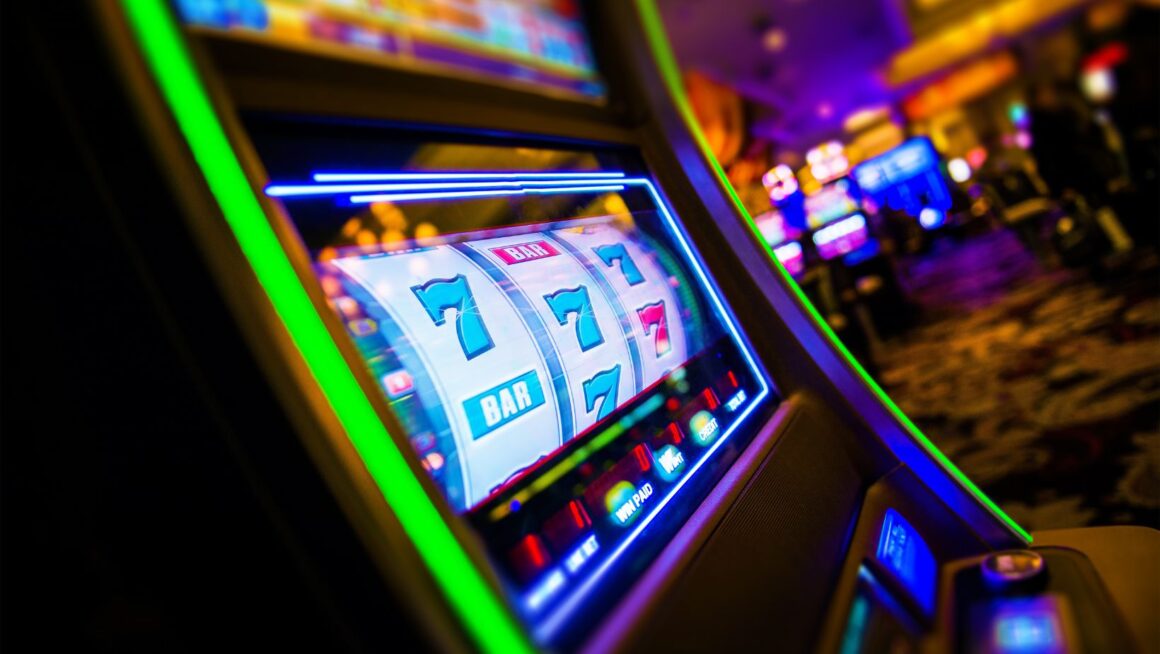Whether you’re opening a loot box in a multiplayer shooter or spinning the reels at an online casino, there’s one invisible force working behind the scenes: RNG, or Random Number Generation. This algorithmic process is the backbone of both modern video games and digital gambling platforms, determining outcomes with precision—and unpredictability.
While gaming and gambling may seem like separate worlds, they increasingly overlap in design philosophy. From fairness to player engagement, understanding how RNG works can help gamers, modders, and even casual casino enthusiasts appreciate the mechanics that drive both skill and luck.
What Is RNG and Why Does It Matter?
At its core, RNG is a system that generates a sequence of numbers that appear random. In video games, it can control everything from critical hit chances in RPGs to randomized enemy spawns in roguelikes. In gambling—particularly digital slots and table games—RNG ensures that each spin or card draw is fair and unpredictable.
There are two main types of RNG:
- True RNG: Based on physical phenomena, like atmospheric noise or radioactive decay.
- Pseudo-RNG: Algorithmic and deterministic, but unpredictable enough for practical use in games and gambling.
In both industries, RNG is used not only for fairness but for engagement. It introduces surprise, suspense, and replayability. Whether you’re farming for rare loot or hoping to match three cherries on a slot machine, the thrill comes from not knowing what’s next.
Loot Boxes, Drop Rates, and the Gambling Parallel
One of the most controversial uses of RNG in gaming is the loot box system. These are randomized rewards that players purchase (sometimes with real money) to unlock cosmetic items, upgrades, or in-game advantages. Sounds familiar? That’s because it mirrors the basic principle of slot machines—pay, spin, and hope for the best.
This has prompted regulators in some countries to investigate whether loot boxes constitute a form of gambling. Many developers now disclose drop rates to stay transparent, but that doesn’t change the core mechanic: RNG determines the outcome, and players are chasing a chance, not a guarantee.
Modders and game developers alike now grapple with how to balance RNG in ways that feel rewarding, not exploitative. A poorly tuned randomizer can ruin progression or create frustration. A smart one can make every play session feel fresh and exciting.

Similarly, online casinos use RNG to power slots, card shuffles, and even games that resemble arcade challenges. Titles like Turbo Plinko Betpanda combine fast-paced visuals with calculated randomness to mimic gaming mechanics, appealing to an audience that appreciates both interactivity and chance.
Fairness, Perception, and Player Psychology
The biggest challenge with RNG isn’t the math—it’s player perception. In video games, a 5% drop rate can feel like 0% after repeated failures. In casinos, a random dry streak can lead players to question the fairness of the system.
That’s why both industries now invest heavily in transparency and trust. Game developers may implement “pity timers” (which increase drop chances the more you play), while reputable online casinos provide third-party certification for their RNG engines.
Interestingly, the psychological impact of RNG is deeply tied to player satisfaction. Studies show that intermittent rewards—those given at random intervals—are more effective in maintaining engagement than predictable outcomes. It’s why players return to grind for rare items or take “just one more spin.”
In the modding community, there’s growing interest in tweaking RNG values for custom gameplay. Some players want harder challenges with less predictable enemy behavior, while others seek fairness tweaks that remove extreme outliers. Understanding and manipulating RNG adds another layer of strategy and personalization to both solo play and competitive environments.
Final Thoughts
From dungeon crawlers to digital slots, RNG plays a pivotal role in shaping how we experience games—and even how we feel about them. When used well, it fuels excitement, fairness, and innovation. When misused, it can lead to frustration or even ethical concerns.
For gamers, understanding RNG is part of becoming a smarter, more informed player. For modders and developers, it’s a tool that demands both precision and creativity. And for anyone dabbling in the world of online gambling, recognizing the power and limits of randomness is essential to staying in control.
At the end of the day, whether you’re gaming the system or just gaming for fun, RNG is the silent architect behind every critical hit, jackpot, and unexpected twist.

